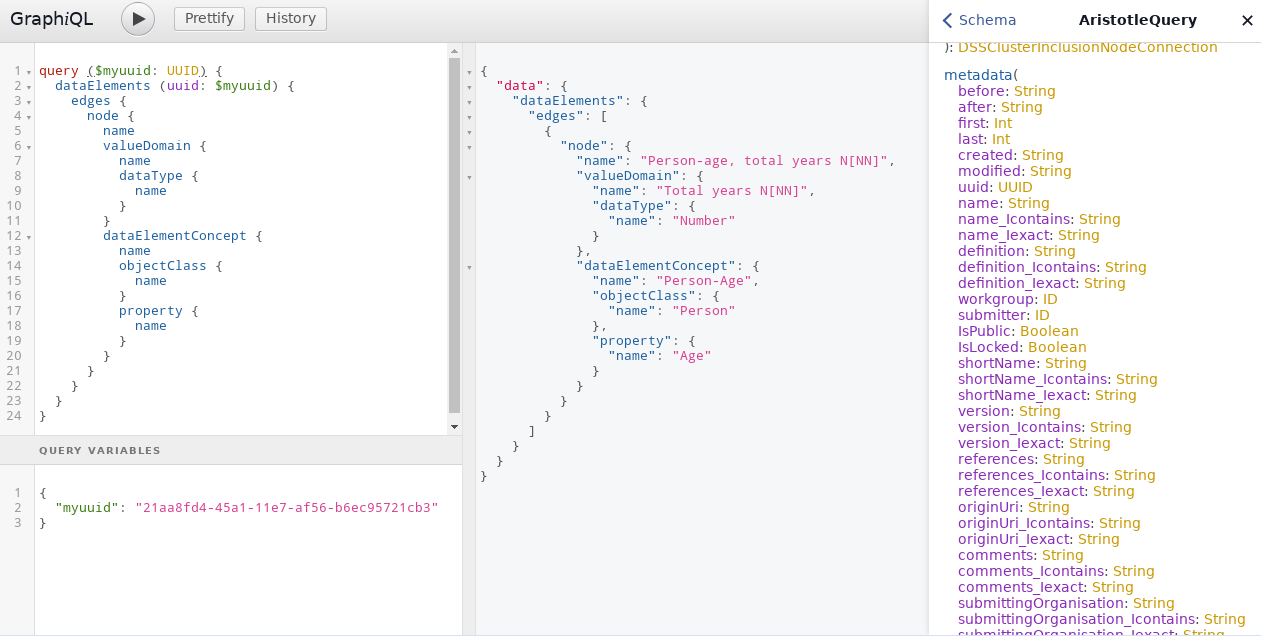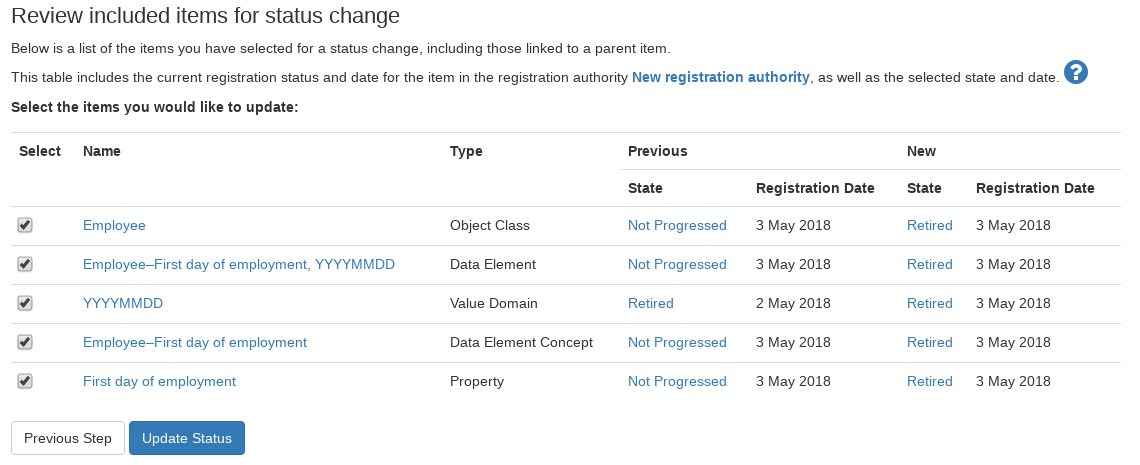May is here, and the team has been working hard and delivering new features from our published 2018 roadmap, including Aristotle 2.0.
What is Aristotle 2.0?
In Quarter 1 “Aristotle 2.0”, we focused on improving the underlying infrastructure of the software, to use new or better versions of libraries, huge changes to how Aristotle and its components are managed, and standardising how we deploy the Aristotle Cloud product. A large change that has been made was moving from username-based accounts to email-based accounts by default, which brings us in-line with other modern user account management practices. There have also been a number of performance tweaks to the platform, including improved caching, reduced page loading time, and reduced database calls. We’ve also improved our deployment tooling so that new clients can start using the Aristotle Cloud platform faster, which also means that the time it takes to deploy upgrades has reduced.
All of this is to make sure the newest version of Aristotle is faster and more responsive to all users.
We have also been working on other Quarters of the roadmap, with users now able to customise their header/footer and add custom logos, meaning that you can now replace the Aristotle logo in the header with your very own. We’ve also added a GraphQL API query language into the existing API, this version can query any metadata item in the system.

We have also added some new features that aren’t listed on the roadmap, including being able to delete items that are in your “sandbox.” This means that you can play around with creating metadata items, and then delete them afterwards so they don’t just sit in your sandbox. We have also introduced a “results per page” option when you are searching for content, you can now have as many search results per page as you want. Another feature introduced to the registry is the ability to review your metadata items individually when you are performing a bulk “state change” to multiple items. You will now be able to see a list of the items you are about to change the state of, and can identify if an item’s state is going to be downgraded.

The Aristotle team is always working on improving the functionality of the Aristotle Metadata Registry, if you have any suggestions or comments please feel free to contact us.



